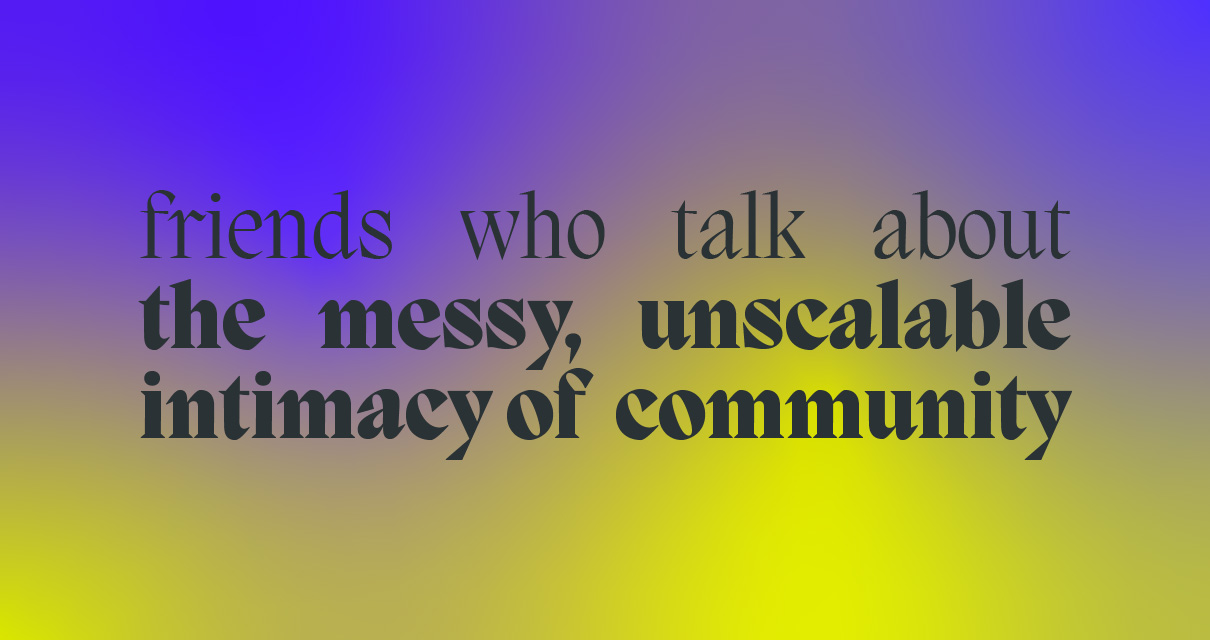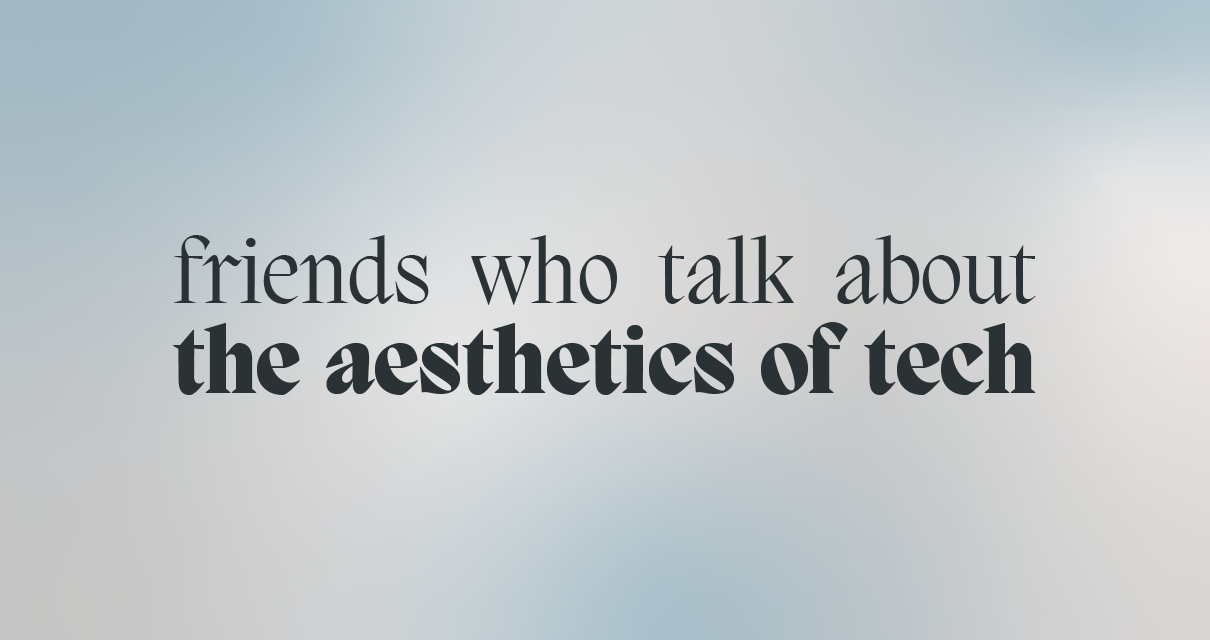
Latest in: public welfare
Hi friends, Hello world. What words do we have left to greet the world? What is civic responsibility in the face of attack? What is collective organizing in the face of despair and disparity? …
Introducing friends who talk about…: an editorial series where I invite friends from all corners of the world to spontaneously muse on topics we have edgy thoughts on. (Like a culture podcast but the …
© 2025 Vicky Gu


